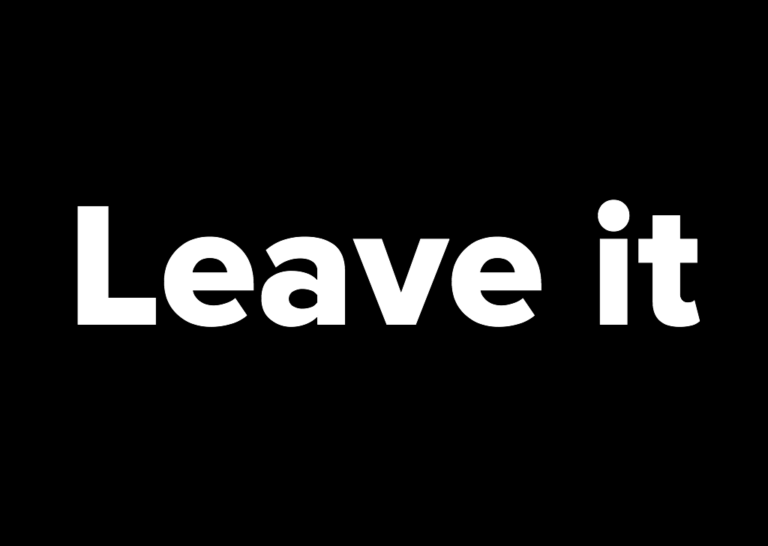
Dog health care is a vital part of keeping your furry friend healthy and happy. It includes all sorts of preventative measures and treatments, as well as emergency and accident care if something goes wrong.
Some health issues are very easy to spot, while others can be harder to recognize. Here are some of the most common ones that you should pay attention to.
Vaccinations
Vaccinations are inactivated, killed or altered versions of bacteria and viruses that are administered to dogs to stimulate the immune system so that they can protect themselves from infection.
Typically, vaccines are given at a young age as part of a series to help ensure that immunity is established. Puppies receive their first vaccination at around six weeks of age and they are given another dose every two to four weeks until sixteen weeks of age.
Immunity may also decline over time, a condition called immunosuppression. Certain medications and some infections can also suppress the immune system, making a dog more susceptible to disease in the future.
Besides core vaccines, dogs may need noncore vaccinations to protect them against specific diseases based on their lifestyle or geographic location. Your vet will perform a risk-based analysis to determine which noncore vaccines your pet needs.
Parasite Control
Parasites can be life-threatening to your dog if they are not treated and prevented. They rob your dog of nutrients and can cause irreversible damage to their organs.
Luckily, the vast majority of parasites are preventable and many can be controlled with regular parasite prevention medicines. Your veterinarian will recommend the right medication for your pet’s needs.
Infective worms are the most common internal parasites for dogs. Some worms, including heartworms and hookworms, can cause serious health problems and even death.
The best way to prevent infestations is to practice good hygiene and clean up feces regularly. Also, make sure your pet’s diet is well-balanced and free of contaminated water.
Dental Care
Dental care is an important part of your dog’s overall health. Just like in people, oral disease can cause pain and affect other parts of your dog’s body.
A veterinarian will thoroughly examine your pet’s teeth during a dental cleaning and evaluation. They may recommend x-rays to get a closer look at the teeth and roots below the gum line.
During the procedure, your vet will remove plaque and tartar from your dog’s teeth. They may also use a dental probe to check for any pockets of infection around the tooth roots.
Generally, dogs should receive professional dental exams and cleanings every year or so. Older dogs are more likely to need a cleaning than younger ones because they have accumulated more plaque over the years.
Grooming
Grooming is an essential part of a pet’s health care. From bathing your dog to brushing their ears, a regular grooming schedule helps keep your furry friend healthy and happy.
Groomers have a trained eye for any issues you may not see, like cysts, skin problems, and ear infections. They can also advise you on how to use products and techniques that are safe for your pet.
While it can be difficult to find the time and resources to groom your dog at home, it is an important way to maintain their overall health. If your dog is not regularly groomed, mats can develop and trap moisture under the coat which can lead to skin irritation and infection.
Accident Coverage
Accidents are a common part of life for dogs, and accidents can be costly. For example, if your dog is hit by a car, they may require expensive surgery.
Thankfully, pet insurance can help cover these unexpected expenses. These policies generally come in three different types: accidental, illness, and wellness.
Ideally, you’ll want a comprehensive pet insurance plan that covers accidents and vet-diagnosed illnesses as well as routine veterinary care like vaccinations. The cost of this type of policy depends on a few factors, including the average veterinary costs in your area.




